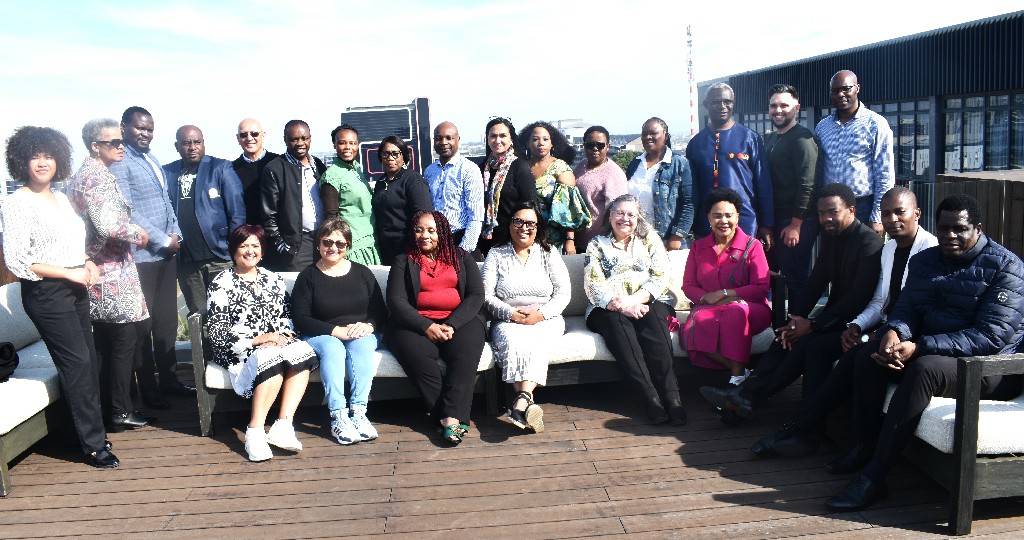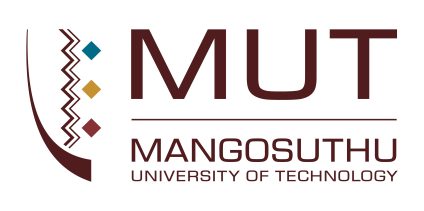
The South African Historically Disadvantaged Institutions Alliance (SAHDIA) continues to gather strength, despite its young age. The Alliance, which was established in 2023, has, according to Professor José Frantz, Deputy Vice-Chancellor for Research and Innovation at the University of the Western Cape (UWC), emerged as a catalyst for transformation in higher education. Under the chairpersonship of Professor Frantz, SAHDIA has grown into a collaborative and strategic alliance, “committed to shifting the narrative around historically disadvantaged institutions (HDIs)”. Spanning eight universities – UWC, University of Fort Hare, University of Venda, Walter Sisulu University, Mangosuthu University of Technology, University of Zululand, University of Limpopo, and Sefako Makgatho Health Sciences University, Professor Frantz said that the alliance was unified by its commitment to knowledge generation, knowledge translation, and knowledge utilisation.
Professor Frantz said that SAHDIA’s founding principles rest on collective strength, inclusive partnerships, and a firm belief in Ubuntu — “I am what I am because of who we all are.” According to her, the alliance promotes collaboration over competition, sustainability over survival, and community-driven solutions over imposed agendas. Its values include accountability, excellence, inclusivity, social responsibility, creativity, and diversity.
During its short history, the Alliance has focussed on a number is strategic issues that are aim at contributing towards its noble aims. Since its inception, SAHDIA has hosted a series of strategic workshops aimed at shaping a cohesive institutional vision. The inaugural workshop in March 2023, hosted by UWC, laid the groundwork by identifying shared priorities and drafting the alliance’s terms of reference. This was followed by the second workshop in November 2023 at the University of Zululand, where member institutions mapped their research activities against the UN Sustainable Development Goals (SDGs), surfacing common thematic areas to guide joint initiatives.
In June 2024, the University of Venda hosted a pivotal gathering that focused on institutional identity and project development. Member institutions proposed collaborative research projects with funding potential, reinforcing SAHDIA’s role in building both local relevance and research excellence. The fourth workshop, hosted by Walter Sisulu University in November 2024, explored entrepreneurial curriculum design and research commercialisation. It also cemented SAHDIA’s commitment to the University Capacity Development Programme (UCDP), emphasising collaborative research proposals and the nurturing of women in science and leadership.
The July 2025 workshop hosted by Mangosuthu University of Technology (MUT) is currently focusing on two critical themes: open access and innovation in higher education. This workshop took place from 9-10 July. Professor Frantz said that these discussions were especially relevant as HDIs navigate a rapidly evolving knowledge economy, aiming to democratise access, while fostering inclusive and context-specific innovation ecosystems.
Professor Frantz also articulates the future of this ‘young’ Alliance. “Looking forward, SAHDIA envisions to gradually strengthen its impact over the next decade by focusing on equity, excellence, and meaningful global engagement.” Professor Frantz said that the alliance would prioritise – widening access to research funding and postgraduate pathways; strengthening international partnerships that reflect HDIs’ unique perspectives and contributions; positioning HDIs as problem-solvers in addressing the National Development Plan (NDP), Agenda 2063, and the Sustainable Development Goals (SDGs); and advocating for reform in national policy and funding models to better reflect the lived realities and potential of HDIs.
Dr Anette Mienie, Research director at MUT, added that the Alliance focuses on increasing research output, and to clear misconceptions about open access, among others.
Professor Frantz said that this vision honours the resilience of HDIs in South Africa — institutions that survived systemic marginalisation during apartheid and continue to serve the most vulnerable communities. SAHDIA’s agenda moves beyond survival to purpose-driven transformation, where institutional identity is not defined by limitation, but by legacy, innovation, and impact. Professor Frantz asserts that SAHDIA is not seeking inclusion as an afterthought but is actively co-shaping the future of South African higher education. “In a time when transformation is imperative, SAHDIA offers a model of what is possible when collaboration, courage, and context lead the way,” Professor Frantz said.
